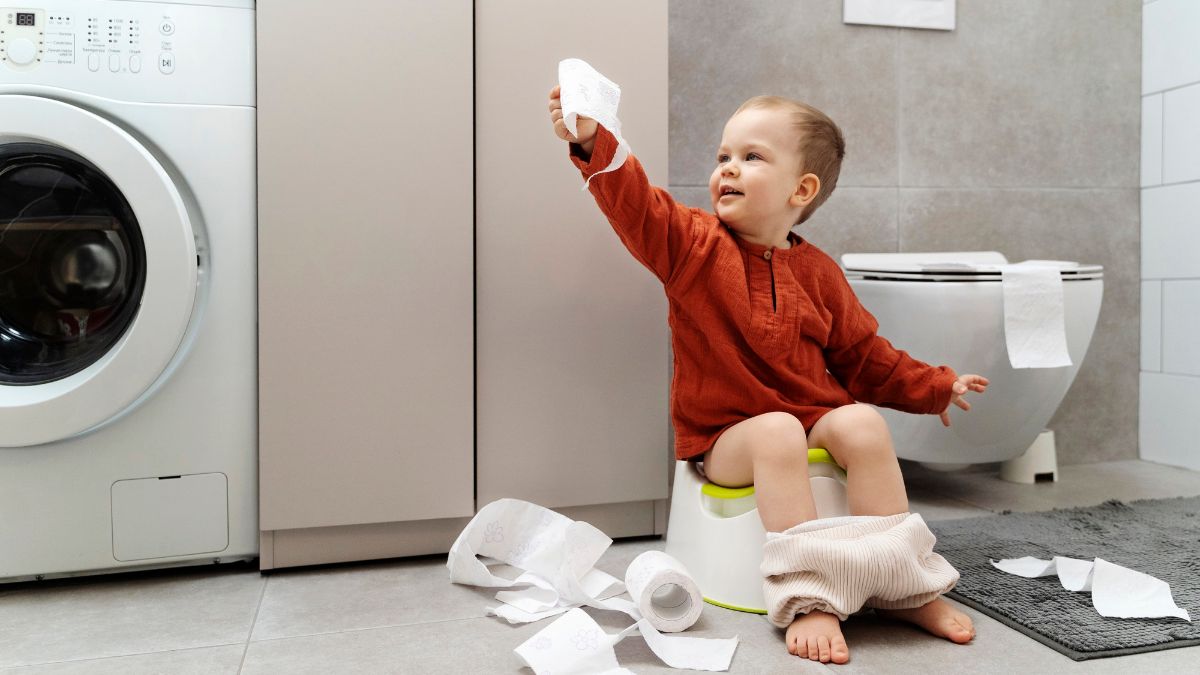Toilet Training Readiness Assessment
According to this study, Toilet training can take anywhere from a few days to a few months, depending on your child’s readiness and personality. Don’t worry if your child has setbacks or regressions, as this is normal and can be caused by stress, illness, or changes in routine. Toilet training can be a challenging and … Read more









